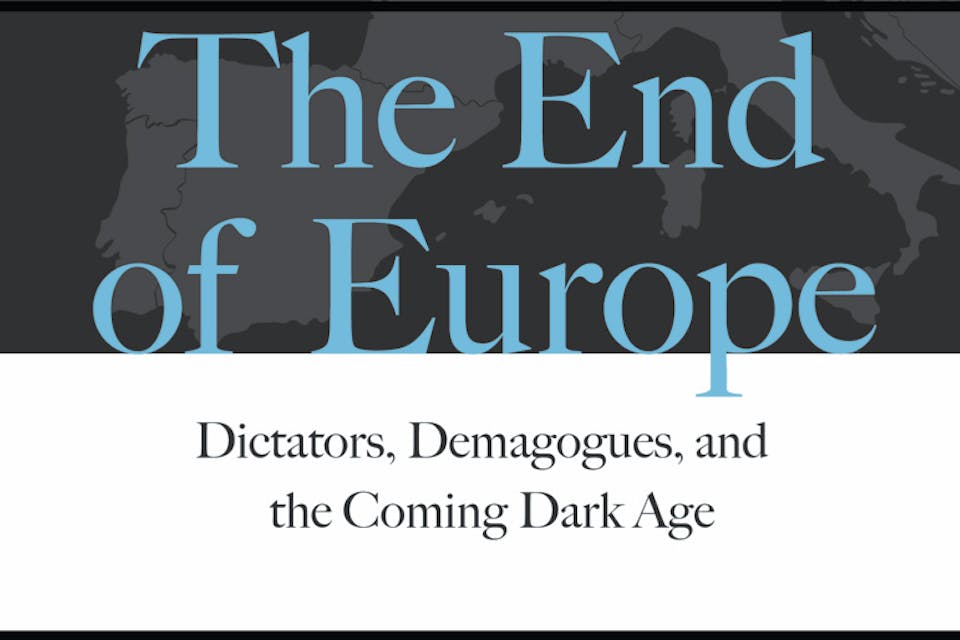
May 1, 2017
The End of Europe as We Know It?
Is the recent upsurge of European populism a blip on the historical horizon, or the sign of a fundamental restructuring of the continent's order?
In early March, European leaders were uniformly reported to have sighed in relief when the Dutch prime minister Mark Rutte defeated Geert Wilders, one of the continent’s most vocal opponents of immigration and European integration, in the country’s parliamentary elections. With Rutte’s victory and Wilders’ defeat, it seemed to many that the so-called wave of populism spreading throughout the continent might be coming to an end. Those hopes were sustained in late April when, in the latest balloting for the presidency of France, the anti-immigration and anti-EU candidate Marine Le Pen came in behind the centrist front-runner Emmanuel Macron; most forecasters are (cautiously) predicting an easy victory for Macron in the final May 7 runoff, and, buoyed by the results so far, are hoping for a similar outcome in September’s federal elections in Germany.
Is, however, the recent upsurge of European populism a mere blip on the historical horizon, or are today’s expressions of relief themselves a passing phenomenon in the unfolding of a fundamental restructuring of Europe’s political and moral order? This question is explored by James Kirchick in The End of Europe: Dictators, Demagogues, and the Coming Dark Age.
According to Kirchick, a prolific political journalist and a fellow at the Foreign Policy Initiative in Washington, the rise of populist, anti-democratic, and sometimes authoritarian leaders across the political spectrum is the most distressing of the myriad problems besetting today’s Europe. In seven of his eight chapters, guided by this conviction, he addresses one by one the populist challenges facing particular nation-states.